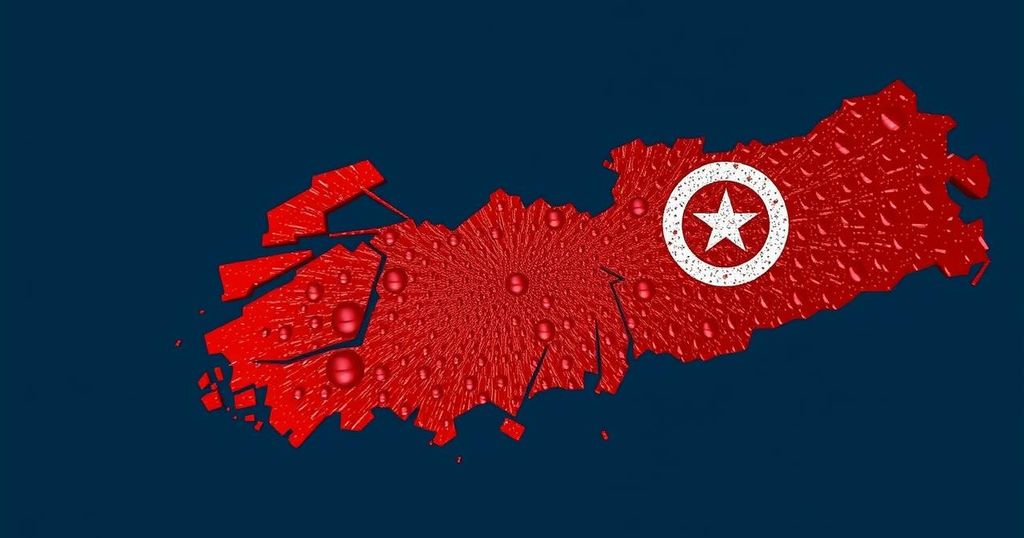India’s Rejection of Turkey’s BRICS Membership Bid
Turkey’s attempt to join the BRICS group has been thwarted by India’s refusal, which cited Turkey’s close relationship with Pakistan. This has led to a consensus against accepting new members for the time being. Experts predict no imminent expansion within BRICS, as several nations oppose further enlargement. Turkey’s desire for membership stems from its ambitions to enhance its global influence amid shifting geopolitical landscapes.
India’s recent rejection of Turkey’s bid to join the BRICS bloc has highlighted ongoing geopolitical tensions. According to reports, India declined Turkey’s application, citing Ankara’s close ties with Pakistan as a primary concern. This decision resulted in a lack of consensus among BRICS member states, leading to the announcement that no new members would be accepted in the near future. The German publication BILD disclosed on October 24 that the rejection was prompted by apprehensions regarding Turkey’s relationship with Pakistan. Consequently, the existing members of the BRICS summit determined that they would not entertain new membership applications at this time. Notably, countries such as Iran, Egypt, Ethiopia, the United Arab Emirates, and Saudi Arabia were the latest additions to the BRICS bloc, while Turkey, Azerbaijan, and Malaysia had submitted requests for membership. Experts have indicated that further expansion of BRICS is unlikely due to resistance from various member nations. Turkey officially applied for BRICS membership on September 2, fueled by aspirations to enhance its global influence and establish new alliances beyond traditional Western partnerships. The Erdoğan administration perceives a shift in the geopolitical landscape, with power dynamics moving away from established Western powers. President Erdoğan attended the 16th BRICS summit in Kazan, Russia, at the invitation of President Vladimir Putin. During his address, he commented on pressing global issues, including the ongoing Israel-Palestine conflict and a recent tragic incident in Turkey’s capital that resulted in fatalities. Originally formed in 2006 by Brazil, Russia, India, and China to represent the interests of developing nations, BRICS expanded to include South Africa in 2011, evolving into a platform that seeks to challenge Western hegemony in global affairs. The organization advocates for structural reforms in major Western institutions like the International Monetary Fund and the United Nations. While Russia initially spearheaded BRICS, it has been recognized that China has taken a more prominent role due to its significant economic and political influence.
BRICS, which stands for Brazil, Russia, India, China, and South Africa, is a coalition aimed at providing a voice to developing countries in international matters. Established to facilitate cooperation and pursue reforms within Western-dominated organizations, the bloc advocates for the interests and perspectives of the Global South. As the geopolitical landscape evolves, Turkey has shown interest in joining this influential group to enhance its standing on the global stage, particularly amidst shifting alliances and power dynamics. The group’s recent expansions have underscored its appeal and importance as an alternative to traditional Western alliances, yet the path to membership has proven challenging for aspirants like Turkey due to existing member states’ concerns and preferences.
In conclusion, Turkey’s aspirations to join BRICS have been thwarted by India’s rejection, underscoring the complex geopolitical relationships that influence membership in such blocs. As the BRICS nations take a cautious approach toward expansion, the dynamics within the group will continue to shape global economic and political strategies, particularly for countries seeking to redefine their alliances amid global shifts in power.
Original Source: www.duvarenglish.com




Post Comment